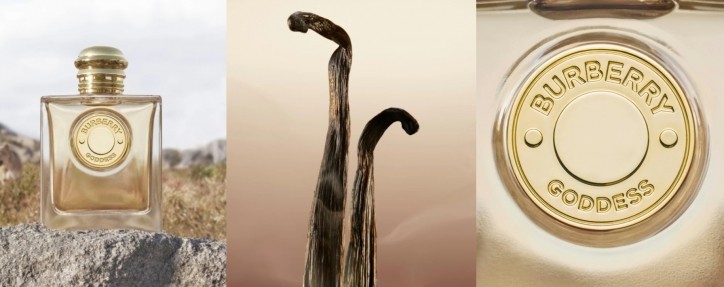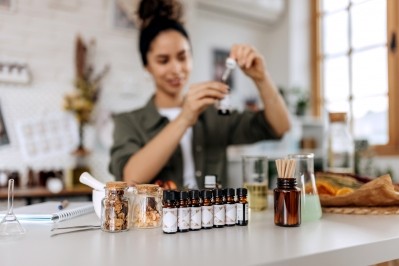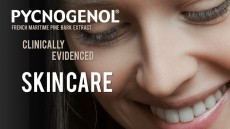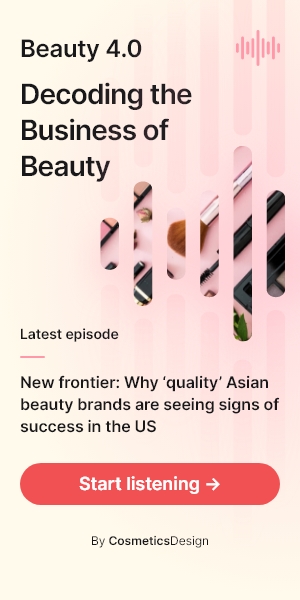Coty sees sales up 18% and calls off Wella sale

American-French beauty multinational Coty has reported revenue of $1.64bn up by 18% on a like-for-like basis for the first quarter of its fiscal year 2024, marking its 13th consecutive quarter of growth.
The company also announced that it no longer planned to sell a stake of hair care company Wella.
Ahead of its earnings call today, Coty’s CFO Laurent Mercier said: “Specific to Wella, in light of Coty’s strong free cash flow trajectory in the first half fiscal 24, our successful Paris dual listing, and given misalignment on final deal terms, Coty and the counterparties have decided to end the partial sale of our Wella stake.”
Prestige fragrance is boosting sales
The business said revenues for its Prestige portfolio grew by 22% on a like-for-like basis, which CEO Sue Nabi said: “was fuelled by outperformance in volumes coupled with pricing and mix”.
There was continued momentum in fragrance demand, with fragrance sales up by 25% on a like-for-like basis.
New scent Burberry Goddess Eau de Parfum – which features British-French actress Emma McKay in the ad campaign – has been the number one female fragrance launch in six of Coty’s key markets and has also helped to aid sales of other scents such as Burberry’s Hero and Her.
Along with Burberry Goddess, Coty also gave a special mention to the Gucci Flora and Burberry Her franchises, which have all reached the US’ top 10 female fragrances in the for the first time in the company’s history.
In terms of skin care, the philosophy and Lancaster brands both grew at double digits in Q1, as well as in the past six months.
In the quarter, Coty’s Consumer Beauty division also grew by 10% on a like-for-like basis.
Coty said this sector saw particular momentum in e-commerce, with over 25% LFL sales growth, delivering share gains in the channel.
It also noted that in the UK market, two of its brands – Rimmel and Max Factor – ranked within the Top 10 brands in terms of Earned Media Value and Visibility, Impact and Trust.
Continued premiumisation of mass market colour cosmetics
Nabi also gave a special mention to the continued premiumisation of the mass market colour cosmetics.
“In our core colour cosmetics category, the market continues to premiumise, as products with price points well above the category average outperform the broader category,” she said.
“We see this trend across our core markets such as the US, UK and Germany, which reinforces our view of the limited price elasticity in beauty, including mass beauty, provided that the products are desirable, ‘cool’, and good quality.”
Nabi also spoke about the use of TikTok in marketing and noted the viral success of CoverGirl’s Yummy Gloss product on the social media channel, which she said: “fuelled unit demand that was several times higher than our initial expectations.”
As a result, she said Coty has “platformed” this innovation and brought it to its second-biggest cosmetics brand, Rimmel, launching Rimmel Glassy Gloss in the UK market.
She stated that Rimmel is now the number one lip gloss brand in the U.K., with its Glassy Gloss product significantly over-indexing among Gen Z consumers.
Growth in all markets – including China
Sales in the EMEA region were up by 18%; Americas were up 17%; and APAC sales were up by 19%, all on a like-for-like basis.
The company noted that its Prestige business was well ahead of the market in China – growing by double digits percentage in mainland China and triple digits percentage in the duty-free hub of Hainan.
Nabi detailed the “multiple white space opportunities in our portfolio.” Listing female fragrances, ultra-premium scents, skin care, as well as the Chinese market and Travel Retail industry among these opportunities.
She also noted how Coty has returned to its Parisian roots, with its recent listing on the Paris Stock Exchange.
The business said it now expects revenue growth of +9-11% for the 2024 fiscal year.
Going forward, Nabi also said the company plans to “fully capitalise on the Gen Z opportunity.”




![We round up the most recent developments in India featuring news from L’Oréal, Shiseido, HUL and more. [L'Oréal]](jpg/india-insights-l-oreal-shiseido-hul-on-trends-and-developments-in-india-s-beauty-market.jpg)






![Chinese study highlights mental health challenges in atopic dermatitis, emphasising holistic patient care. [Getty Images]](jpg/chinese-research-linking-atopic-dermatitis-to-mental-health-underscores-need-for-holistic-care-2.jpg)








